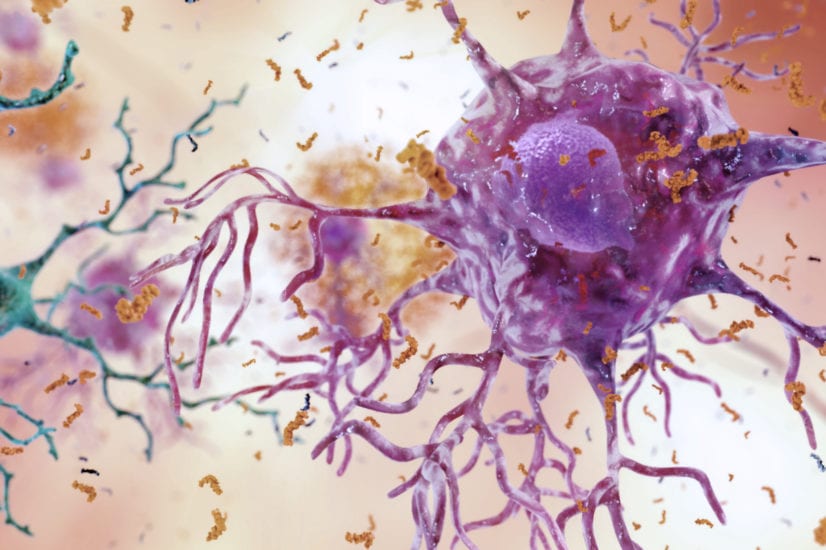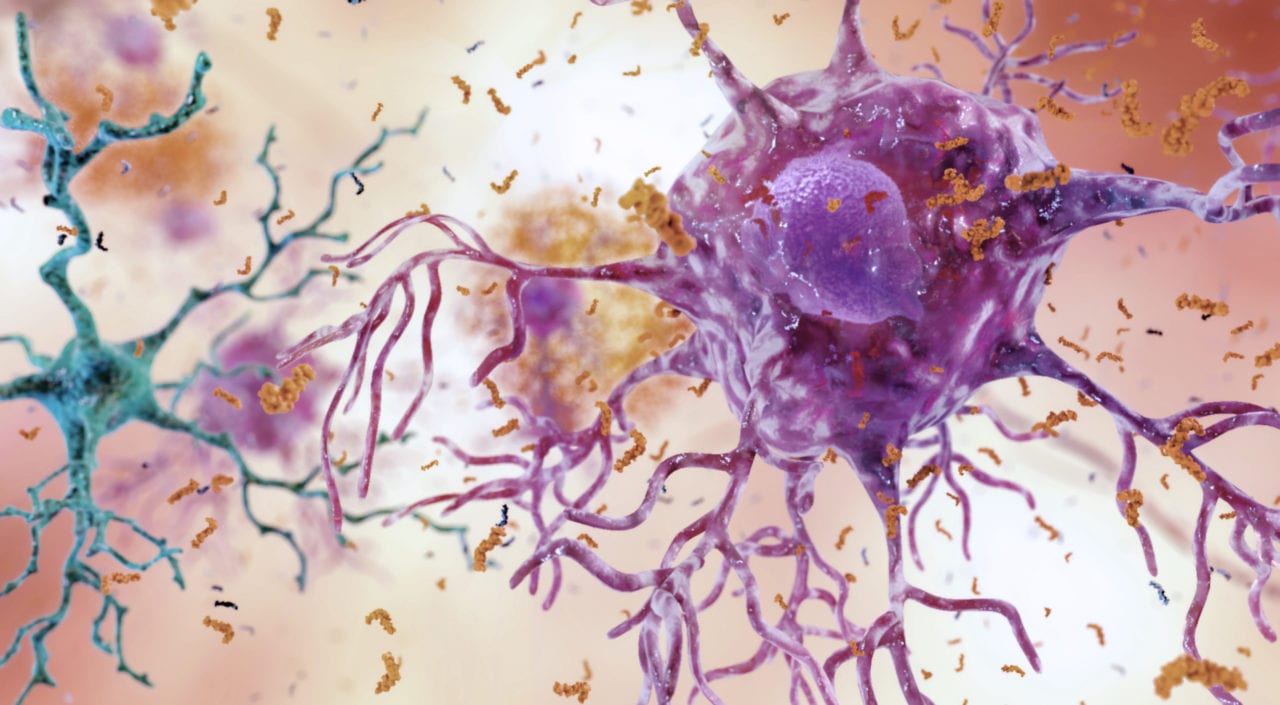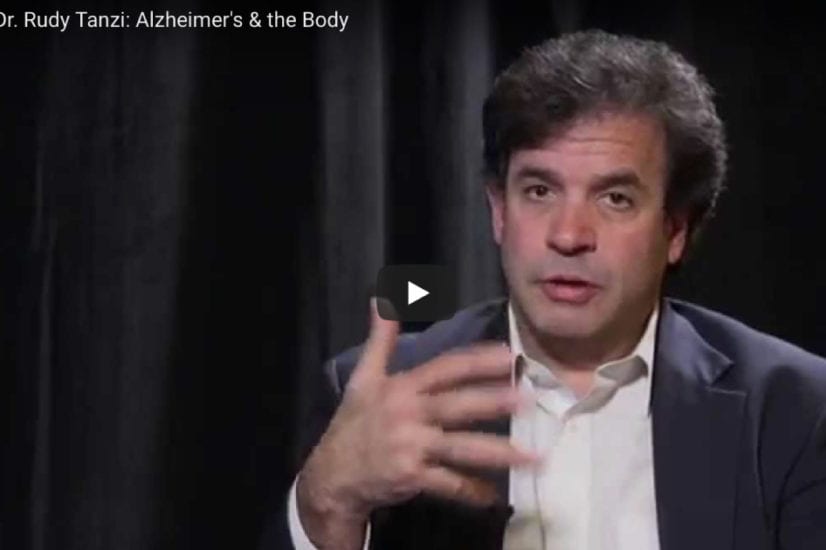A holy grail in the quest to preserve cognitive function and prevent memory loss associated with Alzheimer’s disease has been to identify a way to mimic the beneficial underlying biochemical changes associated with exercise in the brain. Research published today in Science reflecting collaborations across multiple institutions and led by Dr. Rudy Tanzi, along with first author Se Hoon Choi and a team of scientists, provides crucial insight into identifying therapeutic targets that may protect against the cell loss associated with Alzheimer’s disease. The adult brain has the capacity to generate new neurons in a process called adult hippocampal neurogenesis. The team conducted experiments demonstrating that the suppression of neurogenesis led to a decline in cognitive function and the loss of pre-existing neurons.
The authors of the study found that enhancing the birth of new neurons in an area of the brain crucial for memory formation while simultaneously elevating factors associated with exercise such as BDNF (Brain Derived Neurotrophic Factor) led to improved cognition in an Alzheimer’s model. The study makes the case for exercise, increasing the likelihood that new neurons will thrive once they are formed by improving the local environment or “neighborhood.” How might the environment be improved? The combination of getting the mice to run and increasing neurogenesis led to an increase in the brain’s production of a powerful cast of characters including BDNF, and proteins PSD-95, and SYP. The levels of these proteins are reduced in the brains of Alzheimer’s patients. This study provides mechanistic insight into how the exercise-induced improvements in memory might be taking place.
This study identifies crucial questions to be answered next. Is it possible that Alzheimer’s patients with dementia who engage in physical activity might have increased adult hippocampal neurogenesis and as a result a longer preservation of memory? If so, what types of exercise might be the most beneficial for brain health and are there circumstances where exercise could cause more harm than good? Could increasing neurogenesis in the earliest stages of Alzheimer’s protect against neuronal cell death later in the disease? This paper is an important step in identifying potential drug targets that could mimic the benefits of exercise as well as potential mechanisms for enhancing the health of the neuronal environment to improve cognition.
In addition to the article published in SCIENCE, the work has also been published in the HARVARD GAZETTE. Cure Alzheimer’s Fund is proud to have provided support for this important work. (Image courtesy of the National Institute of Health)
http://www.sciencemag.org/news/2018/09/how-does-exercise-keep-your-brain-young





